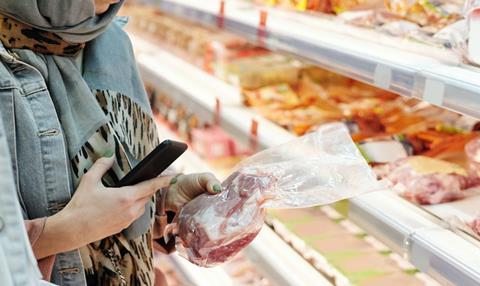The Food and Drink Federation (FDF) has responded to the latest Office for National Statistics (ONS) figures on food price inflation in January 2024.

The latest ONS figures show that the consumer prices index (CPI) remained unchanged at 4% in January, while food inflation decreased from 8% in December 2023 to 7% in January 2024.
This means that the annual rate of food inflation has fallen for 10 consecutive months, from a high of 19.2% in March 2023.
ONS also reported that despite the annual inflation rate for food slowing, food prices remain high following sharp rises over the last two years. Between January 2022 and January 2024, the overall price of food and non-alcoholic beverages rise by around 25%, compared to a rise of around 10% over the preceding 10 years.
Balwinder Dhoot, director of sustainability and growth at the FDF, said: "It's encouraging to see a decline in food and drink inflation to 7% in January. Any reduction is important to households struggling to afford higher food bills, and for businesses who are paying higher salaries at a time when they are continuing to streamline production costs to deliver competitive prices for shoppers.
"Unpredictable weather patterns persistently impact agricultural yields. Ongoing navigation challenges in the Red Sea, coupled with rising shipping costs, may soon exert pressure on energy prices, and, therefore, on food prices, given the energy-intensive nature of the food and drink industry. The extent of this impact hinges on the duration of ship diversions from the Suez Canal and any escalations in the Middle East.
"We are also seeing increased regulatory costs being put on industry by Government. To support food and drink manufacturers and help hard pressed shoppers, the Government must reduce unnecessary regulatory burdens and urgently reassess costly 'not for EU' labelling requirements for food sold in Great Britain."
This story was originally published on a previous version of the Meat Management website and so there may be some missing images and formatting issues.















